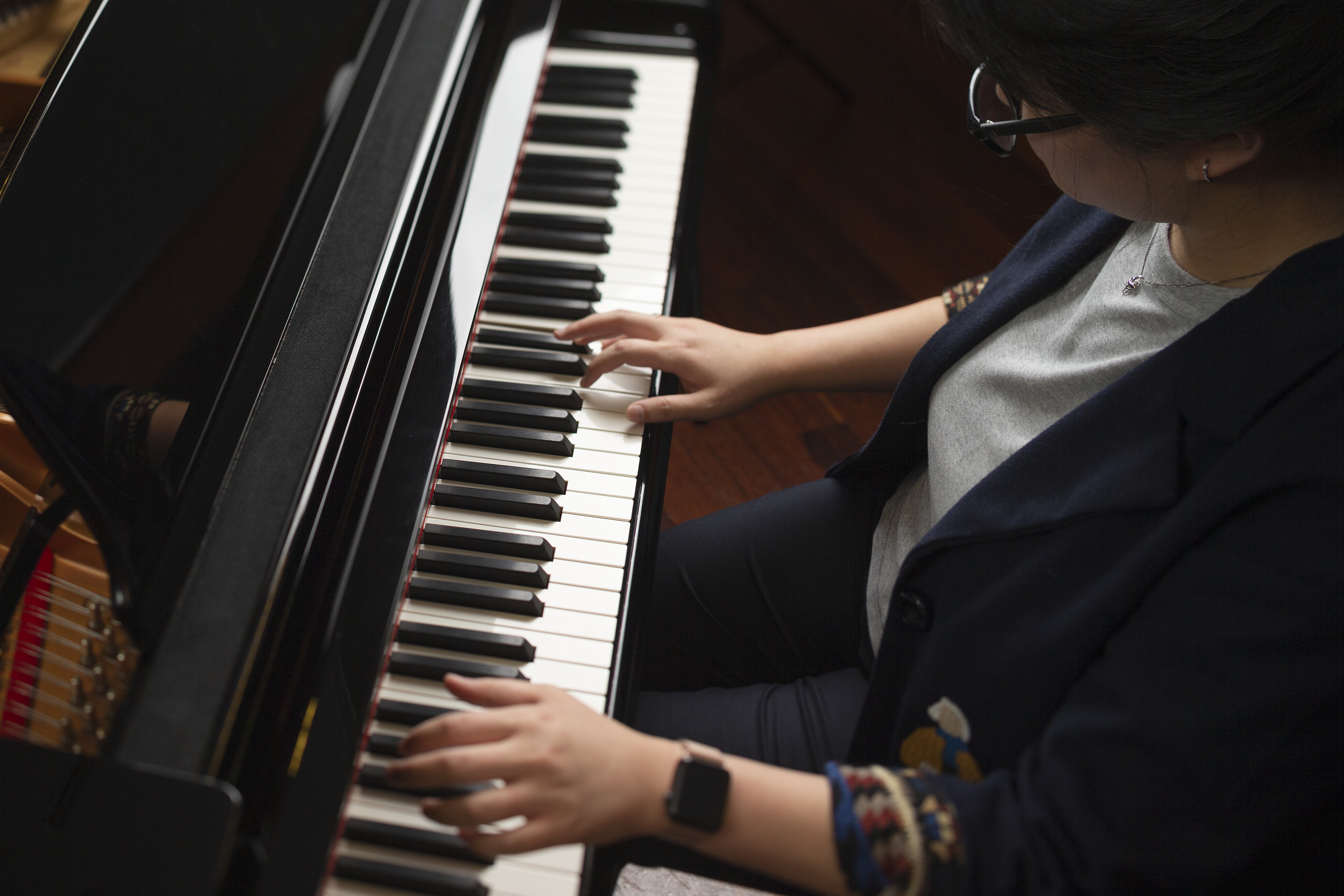A digital piano that evolves with your skills is an essential investment for musicians at any level. Whether you are a beginner just starting out or a seasoned pianist looking to refine your craft, choosing a digital piano that grows with you is crucial. Such an instrument should provide a versatile experience, offering features that enhance learning while supporting advanced techniques as your abilities progress. One of the most important aspects to consider is the keyboard action. Opt for a digital piano that features weighted keys with graded hammer action. This mimics the feel of an acoustic piano, allowing beginners to develop proper finger strength while offering a realistic touch that advanced players will appreciate. As your technique improves, you will benefit from the tactile feedback, which helps maintain expressive control during more complex pieces. Additionally, look for models with touch sensitivity settings, as this feature allows you to adjust the responsiveness of the keys according to your preference and playing style. Choose a digital piano with high-quality sound sampling, preferably from renowned acoustic grands.

Multi-dimensional sound engines produce richer and more dynamic tones, which are vital for nuanced performances. As you advance, you will want an instrument capable of producing authentic sound to match your evolving repertoire. Some models also include multiple voice options, allowing you to experiment with various instruments like electric pianos, organs, and strings, which adds creative versatility to your practice and performances. Connectivity and compatibility with educational apps can significantly enhance your learning journey. Many digital pianos come equipped with Bluetooth MIDI, USB ports, and headphone jacks, making it easy to connect to devices and software. Integrating apps can offer interactive tutorials, sheet music displays, and even composition tools. This adaptability is essential for beginners who benefit from structured learning and for advanced players looking to compose or record their music. Another feature to look for is built-in lesson modes and practice aids. Some digital pianos offer split keyboard functions, allowing duets with teachers or practice alongside pre-recorded pieces.
Metronomes, recording functions, and playback features can also aid in self-assessment, helping you track your progress over time. As your skills evolve, the ability to record and review your performances becomes invaluable for refining technique and mastering intricate compositions. Portability and compact design are additional factors to consider, especially if you plan to move your instrument frequently or live in a smaller space. Digital pianos designed with lightweight frames and foldable stands offer convenience without sacrificing performance. Look for models that allow easy disassembly and reassembly, as well as those with sturdy construction to withstand frequent use and movement. Sound customization options such as adjustable reverb, chorus, and EQ settings add to the dynamic range of your playing experience get more info here. As you become more proficient, these options allow you to fine-tune the sound to match your preferences or adapt to various musical genres. Some digital pianos even include accompaniment features, where built-in rhythm patterns and chord progressions can simulate playing with a full band, enriching both practice and performance sessions.
